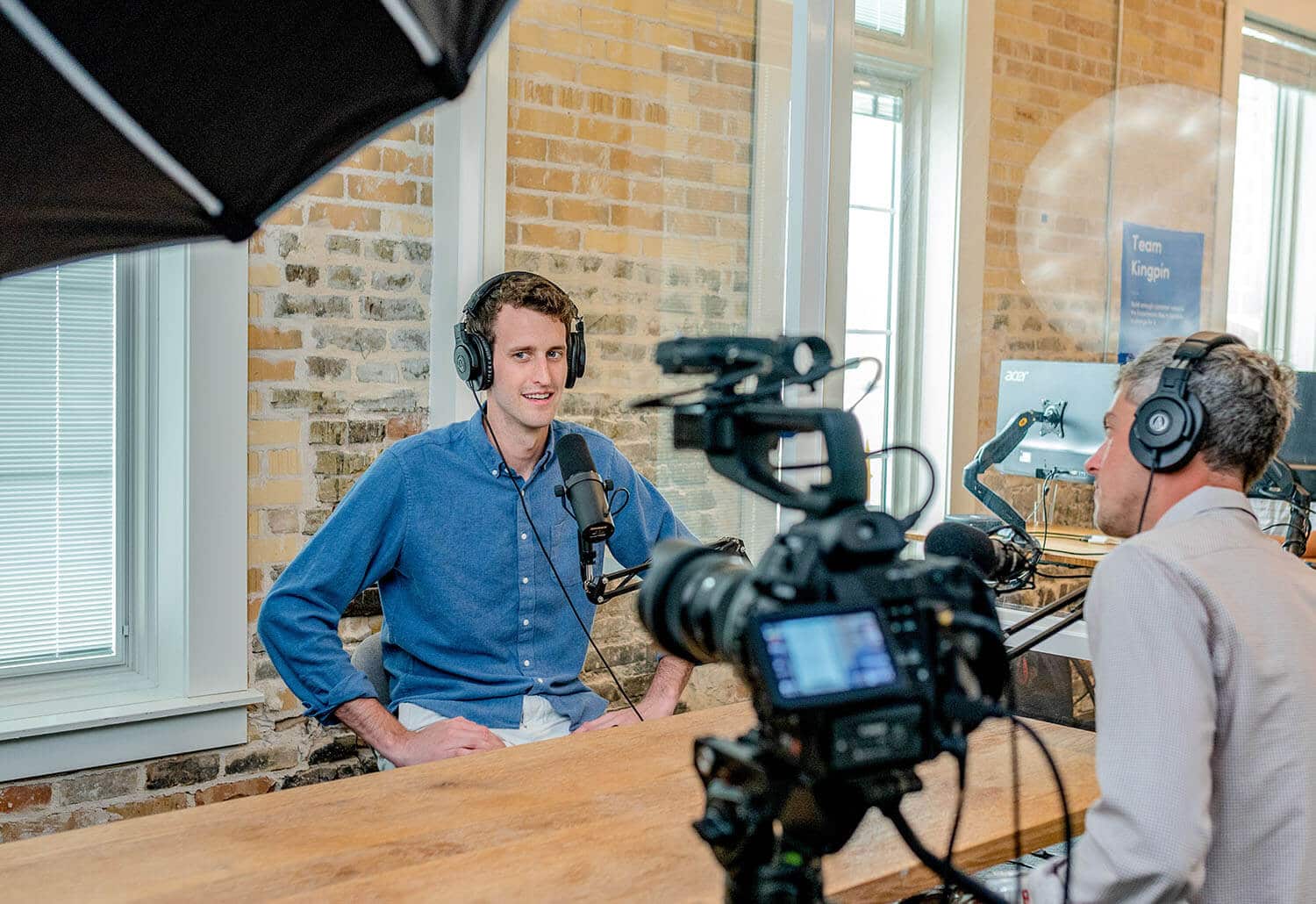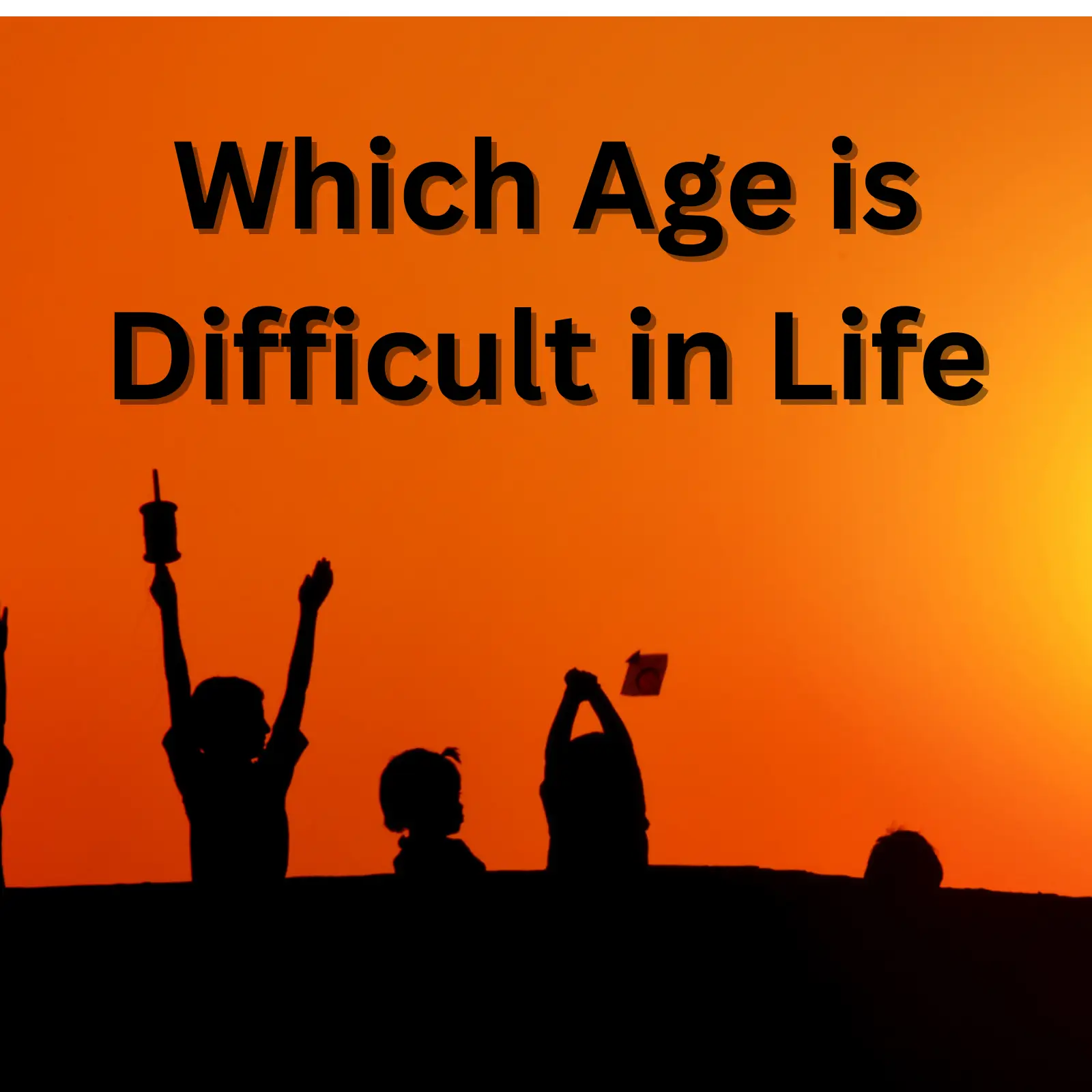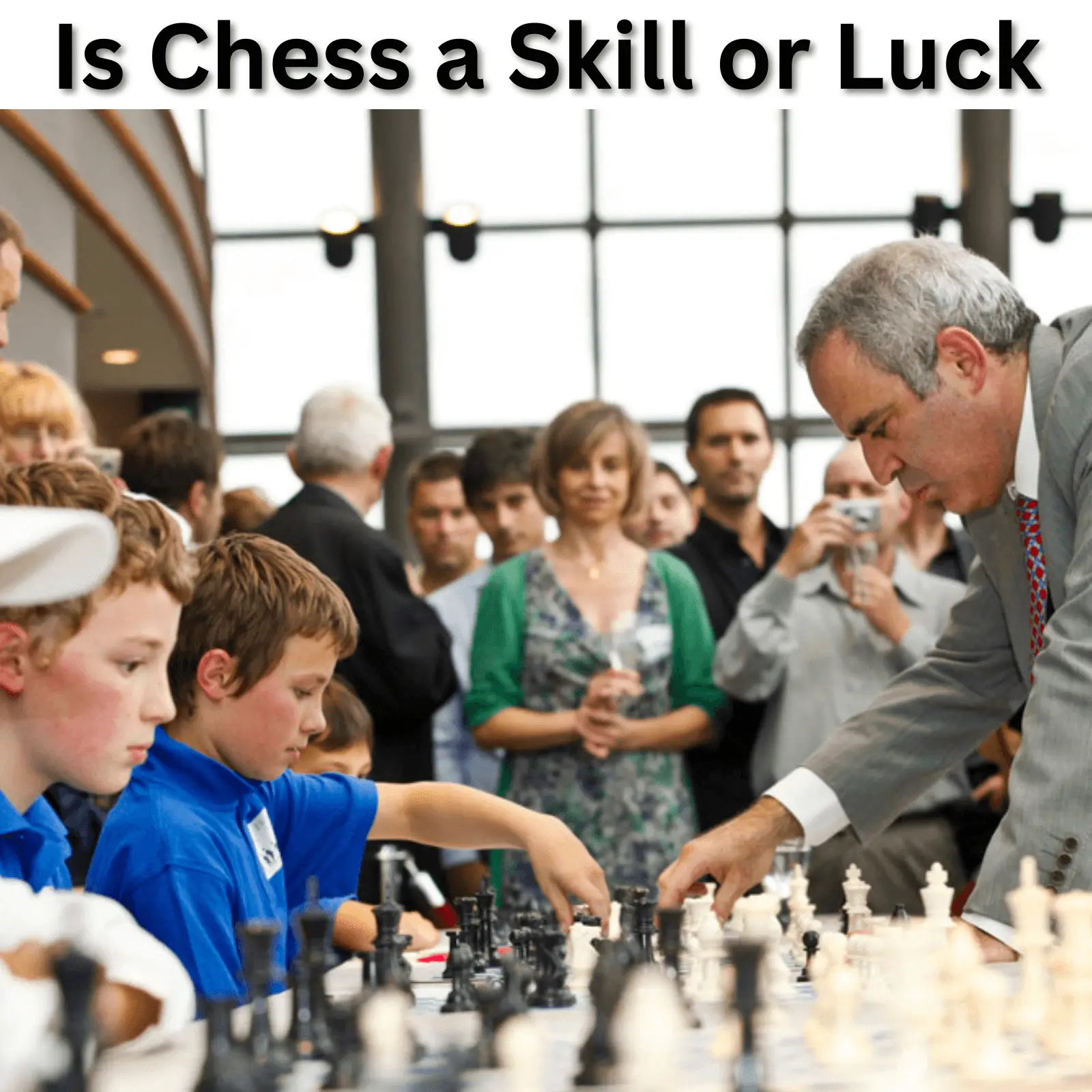
Pandemic stories – the real people who were left behind and forgotten
As the world grappled with the onset of the COVID-19 pandemic, a dominant narrative quickly emerged. It was a story of silent streets, of professionals transitioning to remote work, of sourdough starters and newfound hobbies. For a privileged segment of the population, the global crisis became a great pause—a time for reflection, home improvement, and reconnecting with immediate family. This narrative, while true for some, cast a long shadow over the starkly different realities faced by millions. Behind the headlines and health statistics were the quiet, often invisible struggles of those left behind—the essential workers without a voice, the elderly isolated in their final days, the children stranded on the wrong side of the digital divide, and the families for whom “stay at home” meant facing economic ruin or domestic peril. These are the pandemic stories that must not be forgotten, for they reveal the deep fissures in our social fabric and offer the most crucial lessons for building a more resilient and equitable future.

The Invisible Frontline: Service Without Safety
While the world rightfully celebrated healthcare workers as heroes, an entire ecosystem of other essential workers faced the same risks with far less recognition, protection, or compensation. These were the individuals who kept the machinery of daily life running, often for minimum wage, ensuring that those working from home had food, supplies, and sanitation. Their stories are a testament to a societal hierarchy that became painfully visible during the crisis.
Grocery, Delivery, and Warehouse Workers
The backbone of the lockdown economy was composed of grocery store clerks, delivery drivers, and warehouse employees. They became the de facto frontline, interacting with hundreds of people daily, handling goods that passed through countless hands, and navigating the public’s fear and frustration. For them, there was no option for Remote Work. Their reality was one of constant exposure. Many reported inadequate personal protective equipment (PPE) in the early months and inconsistent safety protocols. While their employers’ profits soared, their wages often remained stagnant, making sound Personal Finance and Financial Planning nearly impossible. The stress was immense, impacting their Mental Health and overall well-being as they worried about bringing the virus home to their families.
Agricultural and Food Processing Staff
Far from the public eye, agricultural laborers and workers in meatpacking and food processing plants faced some of the most dangerous conditions. These industries, often reliant on immigrant and marginalized communities, became hotspots for massive outbreaks. Congregate housing and tightly packed production lines made social distancing an impossibility. The pressure to maintain the food supply chain meant that calls for shutdowns were often ignored, and workers were left with an impossible choice: risk their health or lose their livelihood. This crisis highlighted a critical failure in protecting the people who feed the nation, raising questions about labor rights and corporate responsibility that extend far beyond the pandemic.
The Silent Suffering in Isolation
The mandate to “stay home and stay safe” had profoundly different implications depending on one’s living situation, age, and health. For the most vulnerable, isolation was not a temporary inconvenience but a devastating severing of lifelines, leading to neglect, despair, and preventable tragedy. This was a crisis of connection that impacted Health & Wellness in ways we are still struggling to understand.
The Elderly in Long-Term Care
Perhaps no group was more tragically forgotten than the elderly in care homes. These facilities became epicenters of the pandemic, accounting for a staggering percentage of deaths worldwide. Strict no-visitor policies, implemented to protect residents, created a different kind of suffering: profound loneliness and isolation. For months, residents were confined to their rooms, unable to see their loved ones except through a window or a screen. Families were left feeling helpless, unable to comfort or advocate for their aging parents and grandparents. The crisis exposed systemic underfunding, understaffing, and a general disregard for the quality of Senior Living, prompting urgent calls for reform.
Individuals with Disabilities and Chronic Illnesses
For people with disabilities and chronic health conditions, the pandemic dismantled essential support systems overnight. In-home caregivers became scarce, specialized therapies were canceled, and accessing routine medical care became a high-risk endeavor. The shift to telehealth left behind those who were not tech-savvy or couldn’t afford the necessary devices. The disruption of routine, which is critical for many with cognitive or developmental disabilities, caused immense distress. This community, already fighting for accessibility and inclusion, found itself further marginalized, its unique needs largely ignored in broad public health messaging.
The Shadow Pandemic of Mental Health
Beneath the primary health crisis, a secondary one was brewing. The pandemic unleashed a torrent of anxiety, depression, grief, and substance abuse. While many turned to Mindfulness, Meditation, or new Hobbies to cope, these tools were often insufficient for the scale of the trauma. For those with pre-existing mental health conditions, the breakdown of support networks and the general climate of fear were catastrophic. The conversation around Stress Management and Work-Life Balance often failed to acknowledge those whose primary struggle was simply survival. The surge in demand for mental health services overwhelmed an already strained system, leaving countless individuals to suffer in silence.
The Great Divide: Economic and Educational Chasms
The pandemic did not create inequality, but it acted as a powerful accelerant, widening the gaps in wealth, education, and opportunity. While some households focused on DIY Projects and Home Decor, others faced eviction, hunger, and educational collapse, revealing a society of deeply divided fortunes.
Education and the Digital Divide
The sudden shift to online learning laid bare the “digital divide.” Millions of children from low-income families lacked access to reliable internet, quiet study spaces, or adequate devices, effectively cutting them off from their education. Parents, many of whom were essential workers, could not oversee their children’s schooling, leading to significant learning loss that will have repercussions for years to come. While affluent families formed “learning pods” and hired tutors, the most vulnerable students were left behind. This educational disparity threatens to entrench generational poverty and limit future opportunities, making sound Career Advice and guidance more critical than ever.
Small Businesses and Gig Workers
The economic narrative of the pandemic was a tale of two economies. While large corporations and tech giants saw record profits, small businesses—the heart of local communities—were decimated. Mom-and-pop shops, restaurants, and local service providers lacked the capital reserves to survive months of closure. Government aid programs were often difficult to navigate and insufficient. Simultaneously, gig economy workers—drivers, freelance creatives, and contract laborers—found themselves in a precarious position with no safety net, no sick pay, and no unemployment benefits. Their struggle was a harsh lesson in the instability of modern labor markets and the urgent need for better Financial Planning resources for all.
The “She-cession” and the Burden on Caregivers
The pandemic disproportionately impacted women, leading to what many economists have termed a “she-cession.” With schools and daycares closed, the burden of childcare and homeschooling fell overwhelmingly on mothers. Millions of women were forced to reduce their work hours or leave the workforce entirely, erasing decades of progress toward gender equality in the workplace. The pressure to manage a career, a household, and a makeshift school created an unsustainable level of stress, shattering any semblance of Work-Life Balance and straining Relationships and Family Life to the breaking point.
Finding a Path Forward: Lessons from the Forgotten
Ignoring these stories is not an option if we hope to build a more just and resilient society. The experiences of those left behind are not just tragic anecdotes; they are a roadmap for change, highlighting the critical areas where our systems failed and where our focus must now lie.
Strengthening the Social Safety Net
The pandemic proved that our social safety nets are woefully inadequate. Moving forward requires a fundamental rethinking of what it means to be an “essential” worker. It demands living wages, guaranteed paid sick leave, hazard pay, and robust workplace protections. It means investing in our public health infrastructure, including long-term care and mental health services, so that it can withstand future crises. It also means embracing new models of Community Living and mutual aid, which blossomed during the pandemic as neighbors stepped up to support one another through Volunteering and local initiatives.
Bridging the Divides
Closing the digital divide must become a national priority, treating internet access as a public utility essential for education and economic participation. We must invest in our public schools and provide targeted resources to help students who have fallen behind. Supporting small businesses must be a cornerstone of economic recovery, ensuring that our communities remain vibrant and diverse. Furthermore, creating family-friendly policies, such as subsidized childcare and paid family leave, is not just a women’s issue but an economic imperative for everyone.
In the end, the true measure of a society is how it treats its most vulnerable members, especially in times of crisis. The stories of the forgotten from the COVID-19 pandemic are a painful but necessary reminder of our collective responsibility. They call on us to move beyond simplistic narratives and engage with the complex, often uncomfortable truths of who suffered most and why. By honoring their experiences and learning from our failures, we can begin the essential work of healing and rebuilding—not back to the way things were, but toward a future where no one is left behind again.
You may also like
Archives
- February 2026
- January 2026
- December 2025
- November 2025
- October 2025
- September 2025
- August 2025
- July 2025
- June 2025
- May 2025
- April 2025
- March 2025
- February 2025
- January 2024
- October 2023
- September 2023
- August 2023
- July 2023
- June 2023
- May 2023
- April 2023
- March 2023
- February 2023
- January 2023
- December 2022
- November 2022
- October 2022
- September 2022
- August 2022
- June 2022
- May 2022
- April 2022
- March 2022
- January 2022
- December 2021
- November 2021
- October 2021
- August 2021
- November 2020
- July 2020
- May 2020
- April 2020
- March 2020
- August 2018
- July 2018
- June 2018
- April 2018
- March 2018
Categories
- Aftercare Procedures
- Age Groups
- AI/ML
- Alternative Medicine
- Ambient Computing
- Animal Health
- Animal Husbandry
- Animals
- Anti-Aging
- Architectural Design
- Art And Technology
- Auditory Science
- Augmented Reality
- Automation
- Babies
- Baby
- Beauty & Skincare
- Beauty Industry
- Biohacking
- Biomechanics
- Book Reviews
- Breastfeeding
- Budgeting
- Budgeting Strategies
- Business
- Cardiovascular Health
- Career Advice
- Career Development
- Career Growth
- Cats
- Chess
- Chronobeauty
- Circular Economy
- Civic Technology
- Cleaning Tips
- Cloud Computing
- Cognitive Health
- Cognitive Performance
- Cognitive Science
- Community
- Community Building
- Community Engagement
- Community Living
- Computer Vision
- Consumer Guides
- Consumer Trends
- Container Gardening
- Content Analysis
- Content Non-Technical
- Content Strategy
- Cooking Techniques
- Cosmetic Chemistry
- Cultural Events
- Cycling
- Data Analysis
- Data Engineering
- Data Governance
- Data Science
- Database
- Design Psychology
- Design Trends
- Developer Productivity
- Diet
- Diet
- Diet And Nutrition
- Digital Identity
- Digital Media
- Digital Wellbeing
- DIY
- DIY Projects
- Dogs
- Engineering Culture
- Entertainment News
- Environmental Impact
- Environmental Science
- Equity Compensation
- Ethical AI
- Exercise
- Exercise Science
- Exercise Technique
- Exotic Pets
- Fall Gardening
- Family
- Family Health
- Family Life
- Fashion Business
- Fashion Industry
- Fashion News
- Fashion Tech
- Financial Analysis
- Financial Optimization
- Financial Planning
- Flooring Maintenance
- Food
- Food Psychology
- Food Safety
- Food Science
- Food Tech
- Functional Fitness
- Functional Training
- Future Of Work
- Garden Care
- Garden Maintenance
- Gardening Tips
- Geospatial Data
- Gig Economy
- Greece
- Greek
- Greek Food
- Green Technology
- Gymnastics
- Hardware Engineering
- Health
- Health And Wellness
- Health Informatics
- Health Science
- Health Tech
- Health Technology
- Healthcare
- Healthcare Management
- Healthy Eating
- Healthy Recipes
- Holistic Health
- Holistic Wellness
- Home & Living
- Home Decor
- Home Financing
- Home Health
- Home Improvement
- Home Maintenance
- Home Organization
- Home Styling
- Horticulture
- Household Chemistry
- Identity Management
- Indoor Gardening
- Industrial Design
- Industry Analysis
- Infant Nutrition
- Infrastructure Management
- Ingredient Deep Dive
- Integrative Health
- Integrative Medicine
- Interior Design
- Internet of Things
- Internet of Things (IoT)
- Invalid Request
- Investment Strategies
- Investment Strategy
- IoT
- Kids
- Leadership Development
- Learning Strategies
- Lifestyle
- Lifestyle Brands
- Lifestyle News
- Lifestyle Optimization
- Literary Criticism
- Literature
- Logistics Management
- Machine Learning
- Material Science
- Materials Science
- Meal Planning
- Media Analysis
- Meditation
- Mental Health
- Mental Performance
- Mental Wellness
- Miami
- Miami Food
- Mind And Body
- Minimalism
- Mobile Development
- Neuroscience
- No Applicable Categories
- Nursing
- Nutrition
- Nutrition News
- Open Source
- Operating Systems
- Operational Resilience
- Opinion
- Organization Tips
- Outdoor Living
- Over 40
- Over 50
- Over 60
- Parenting
- Parenting
- Parenting Strategies
- Performance
- Performance Optimization
- Personal Development
- Personal Finance
- Personal Growth
- Personal Productivity
- Pet Care
- Pet Safety
- Philosophy
- Plant Care
- Politics
- Product Formulation
- Productivity
- Productivity Engineering
- Protein
- Psychology
- Psychology of Space
- Quantified Self
- Reading Culture
- Real Estate Investment
- Recipes
- Regulatory Compliance
- Remote Work
- Renovation Planning
- Resource Management
- Respiratory Health
- Responsible Pet Ownership
- Retail Strategy
- Retail Technology
- Robotics
- Science
- Seafood
- Seasonal Gardening
- Security
- Sedentary Health
- Self-Care
- Skincare Science
- Skincare Trends
- Sleep
- Sleep Health
- Smart Home
- Smoothies
- Social Impact
- Soft Skills
- Soil Health
- Spatial Computing
- Spatial Design
- Stress Management
- Supplements
- Sustainability
- Sustainability Science
- Sustainable Engineering
- Sustainable Fashion
- Systems Engineering
- Tax Optimization
- Tax Strategy
- Tech Investment
- Technical Writing
- Testing
- Travel
- Travel News
- Travel Safety
- Travel Tips
- Trend Analysis
- Tropical Plants
- Uncategorized
- Urban Gardening
- Urban Planning
- User Experience
- Veggie
- Vietnam
- Virtual Events
- Volunteering
- Wealth Management
- Wearable Technology
- Web Development
- Wellness
- Wellness Technology
- Winter Gardening
- Work-Life Balance
- Workplace Culture
- Workspace Setup
- World
- Writing
- Writing Skills
- Year In Review
- Yoga
- Yoga News
- Zero Waste




Leave a Reply